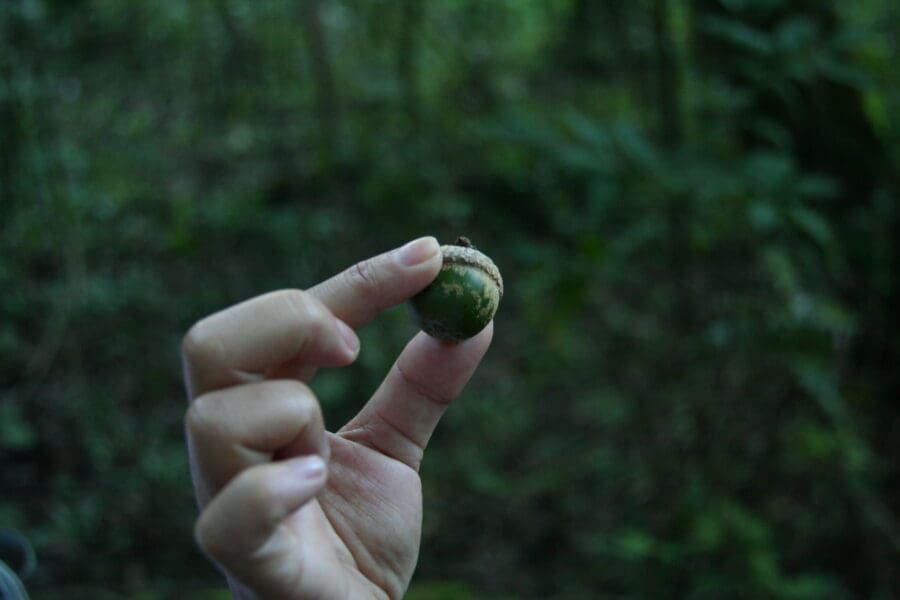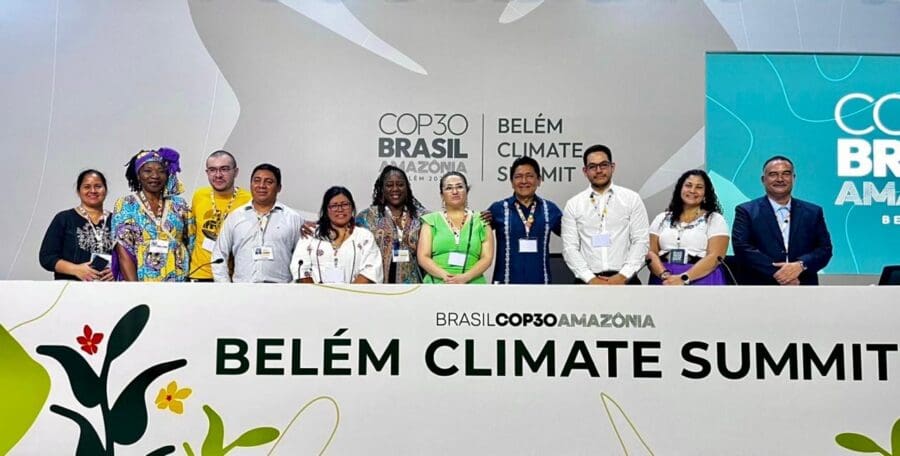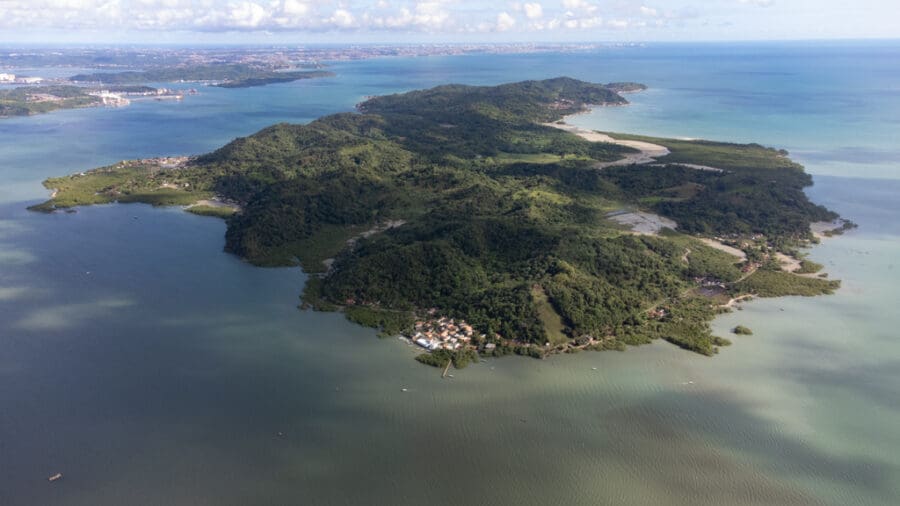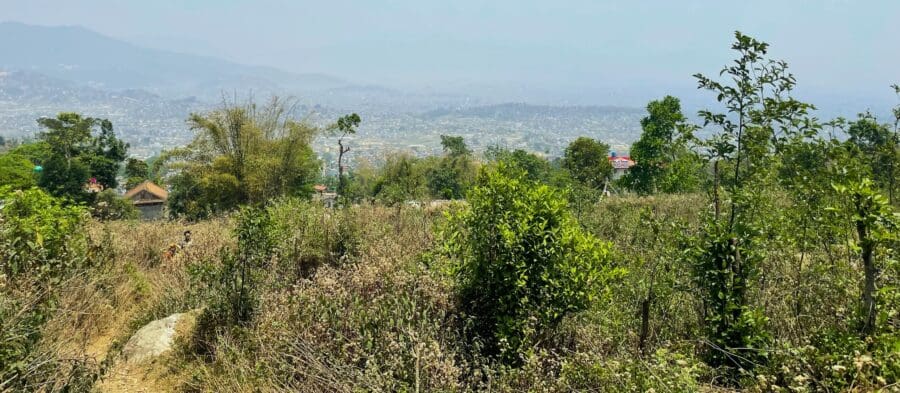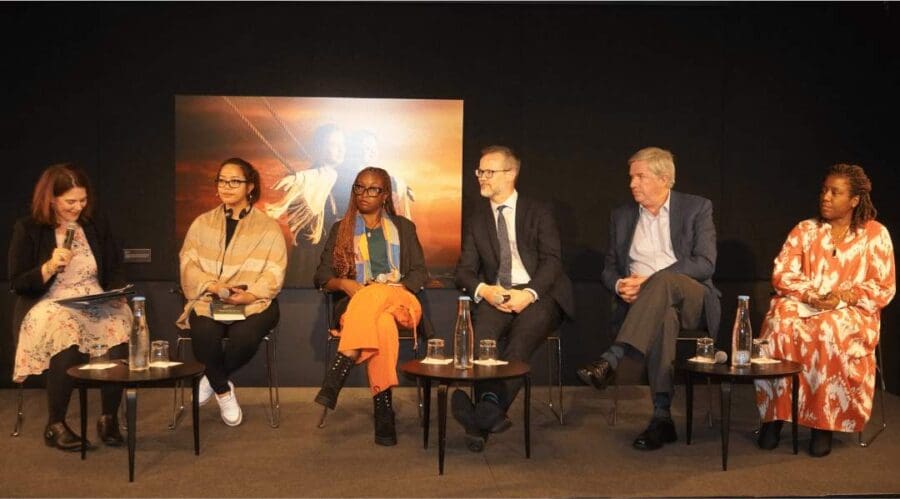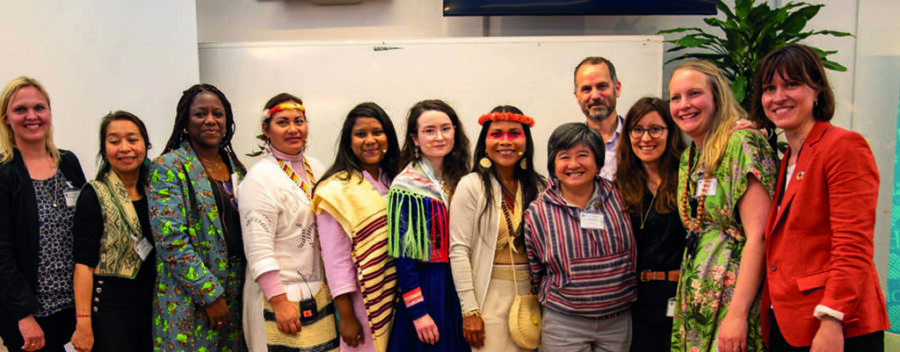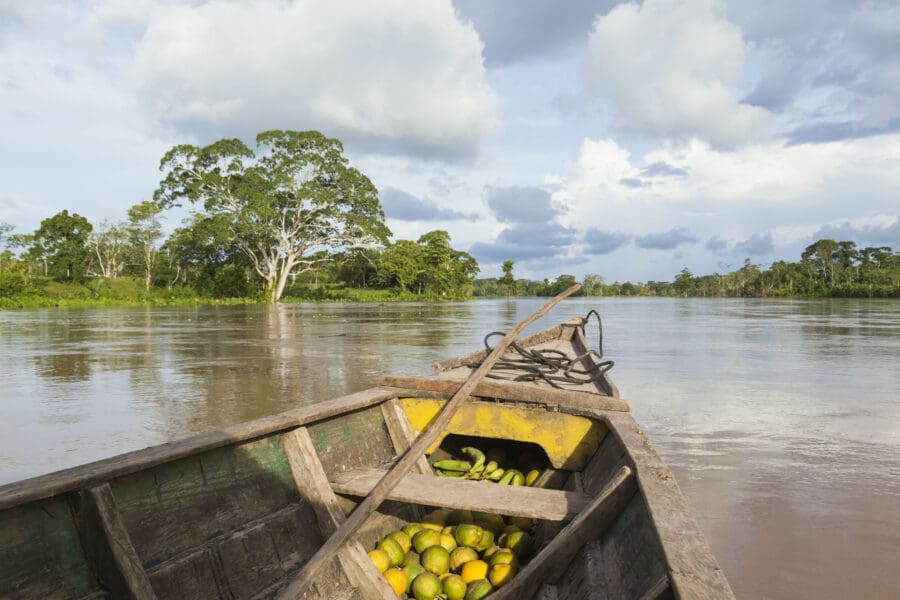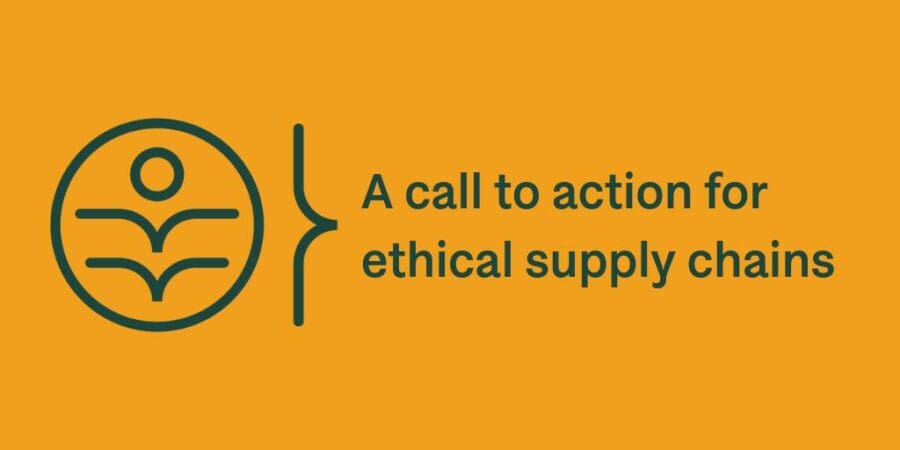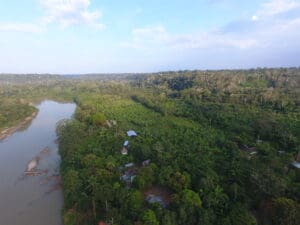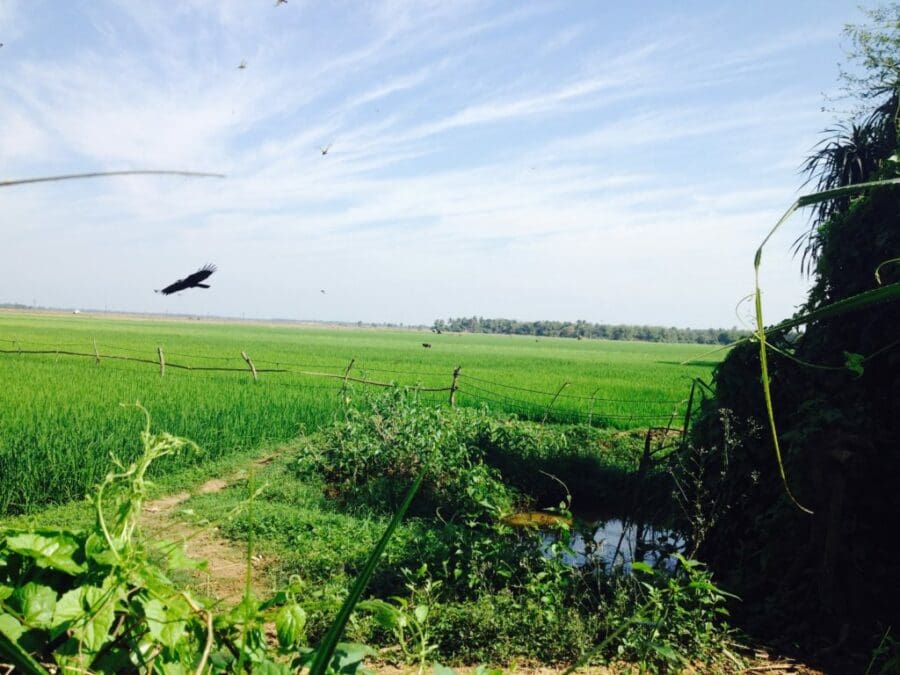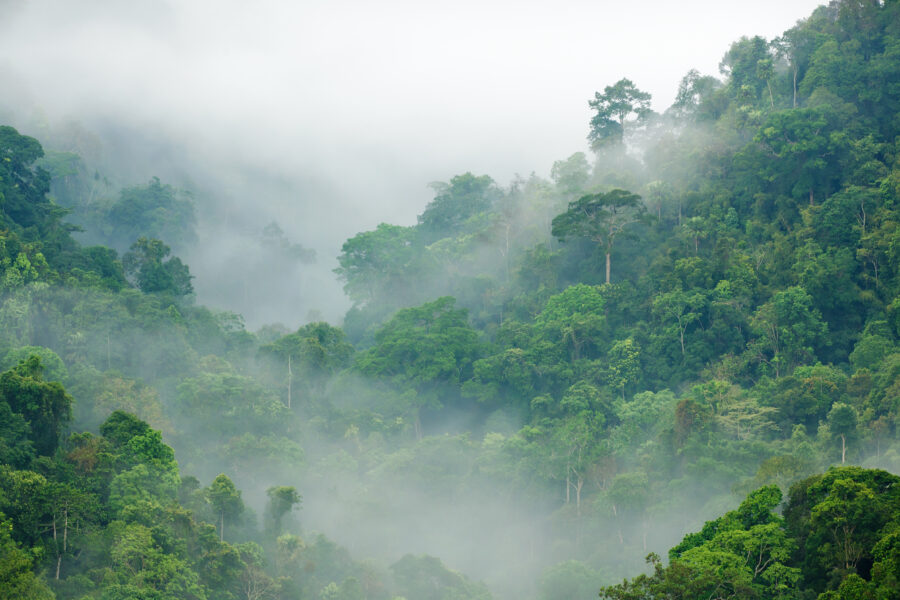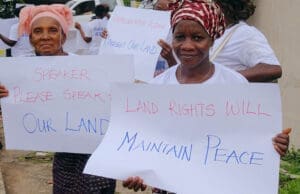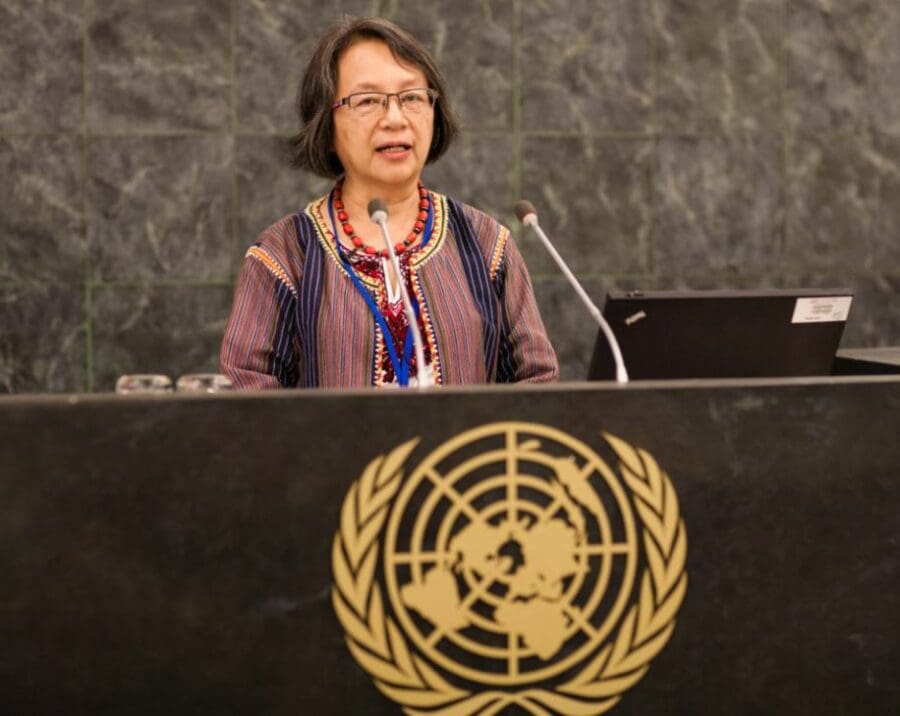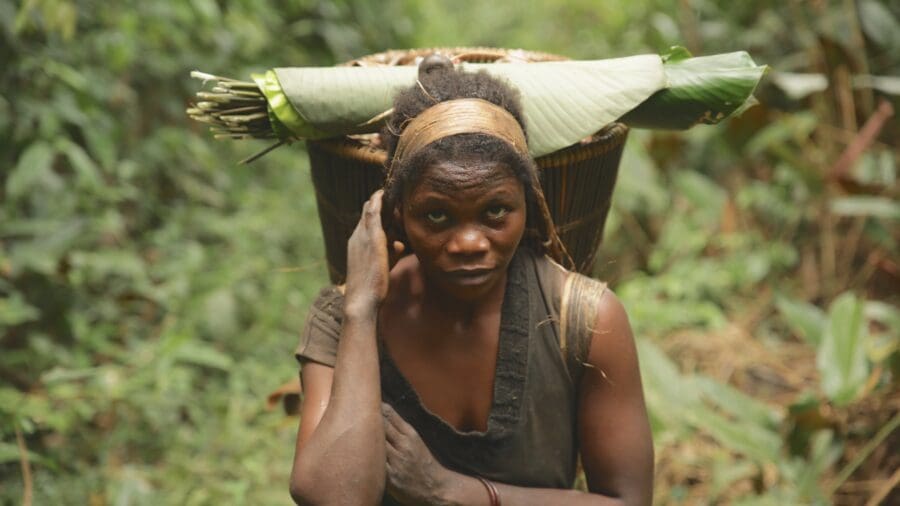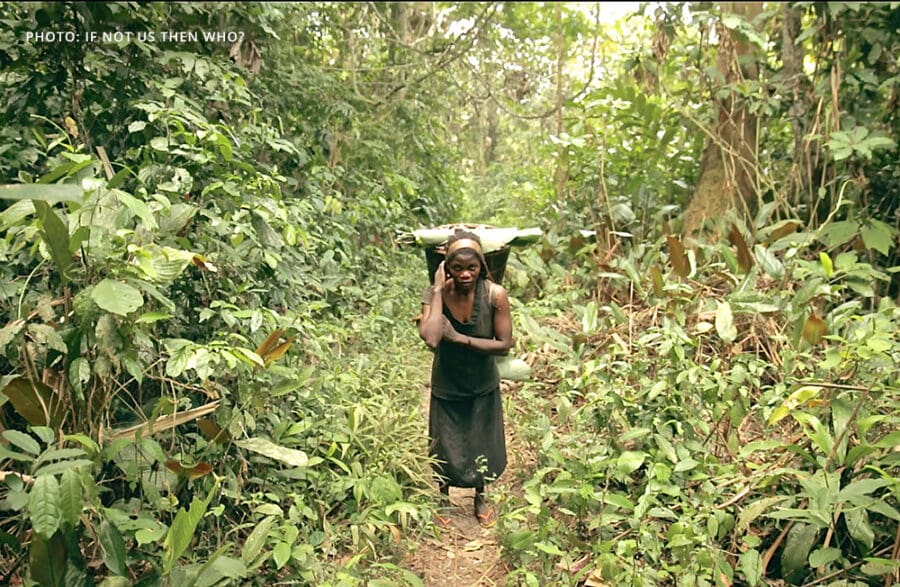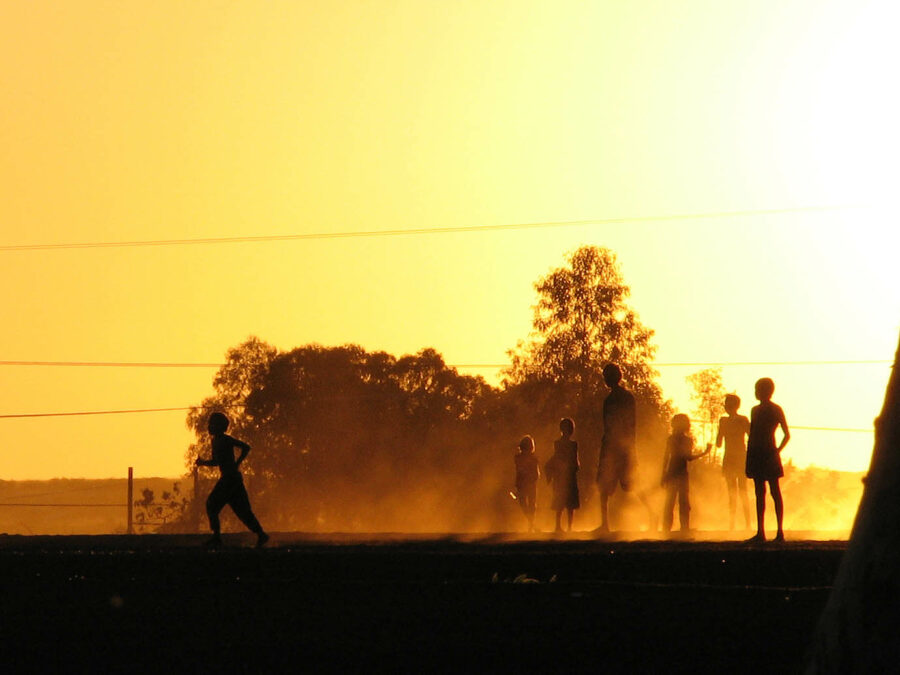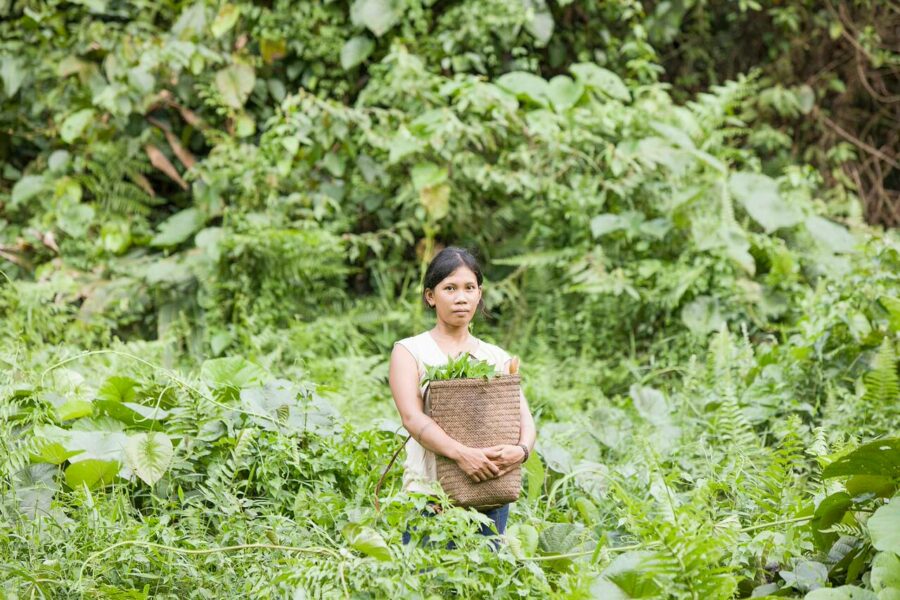The president and legal representative of the Integral Forestry Association of Cruce a La Colorada (AFICC) in the Maya Biosphere Reserve, Guatemala, shares the vicissitude she had to face as a leader, mother, and head of household.
At the recently concluded COP30, the central role of tropical forests and the Indigenous, Afro-descendant, and local communities that protect them was firmly in the spotlight. Despite ongoing challenges, the climate summit delivered tangible, measurable gains for communities and local forest stewards, ranging from landmark land recognitions to new funding initiatives and international collaborations.
RRI is seeking nominations for the Chair of the Board of Directors, who will guide its coalition of more than 200 partners, collaborators, and fellows in implementing its Fourth Strategic Program, which runs through 2027. We are looking for individuals committed to RRI's core issues: The land, resources, and collective rights of Indigenous Peoples, Afro-descendent Peoples, and local communities.
We declare that there is no solution to the climate crisis without the recognition and protection of our territorial rights. Here, we present our priority demands and urge the Brazilian Presidency of COP30 to present concrete results for the respect, recognition and protection of our territories.
Community Forest User Groups play an important role in protecting the forests on Chandragiri Hill in Nepal, but they didn’t begin to make significant progress in this quest until the women of these communities were allowed to join.
On May 15, 2024, RRI co-organized a multi-sector Dialogue on Securing Land Tenure for Climate Action in Washington, D.C. along the sidelines of the World Bank Land Conference. The packed event, hosted by the Embassy of Sweden in the US and co-organized with Cadasta Foundation, Land Portal Foundation, Landesa, and Forest Trends, brought together a diverse panel of key international actors moderated by Amy Coughenour, CEO of Cadasta Foundation.
The Rights and Resources Group’s Board of Directors has named as its new members three well-known Indigenous and local community leaders and land rights defenders: Cécile Ndjebet from Cameroon, Patrick Saidi Hemedi from the Democratic Republic of the Congo (DRC), and Shree Kumar Maharajan from Nepal.
The Stockholm+50 associated event aimed to highlight the role and importance of Indigenous peoples and local communities in safeguarding the world’s forests, ecosystems, and biodiversity. The event was one of three collaborative events held on June 1st at Sida ahead ofStockholm+50, co-arranged by Sida, The Tenure Facility, SwedBio, The Rights and Resource Initiative, and the Focali – SIANI Dialogue Forum.
To forge women’s empowerment worldwide, governments and donors must take action for gender justice and urgently make funding available and accessible to Indigenous, Afro-descendant, and local community women’s organizations in countries in the Global South that have been historically under-supported and under-funded.
As the role played by Indigenous Peoples and local communities in safeguarding the planet gains long-due recognition by global climate and conservation initiatives, their representatives and allies have launched a new mechanism to finance locally-led efforts with full respect for the rights of Indigenous Peoples and local communities.
We already know the solution to climate change: reduce emissions and protect forests. And luckily, there is a group of experts who are uniquely suited to manage, protect, and restore the world’s forests: Indigenous Peoples and local communities.
O apelo de ONGs líderes para que as empresas sigam a Accountability Framework (o Quadro de Responsabilização) para acabar com a destruição do ecossistema e violações dos direitos humanos na produção, comércio e financiamento de carne bovina, óleo de palma, polpa, madeira, soja e outras mercadorias.
Leading NGOs call on companies to follow the Accountability Framework to end ecosystem destruction and human rights violations in the production, trade, and finance of beef, palm oil, pulp, timber, soy, and other commodities
In spite of widely-recognized challenges, REDD+ continues to be one of the primary approaches for forest-based climate change mitigation. We have recently published a book chapter titled “Land and carbon tenure: Some—but insufficient—progress”. It examines the extent to which REDD+ has addressed the critical issue of land tenure, and also summarizes some key research findings on forests, tenure, and climate—not only those related to REDD+ but also those going beyond it.
The recent IPCC report was the first to recognize the critical importance of securing indigenous and community land rights as a climate solution.
RRI’s Strategic Analysis and Global Engagement Director Alain Frechette discusses the evidence behind this finding.
The most recent IPCC report is a critical reminder from the world’s top scientists that there is already an effective solution to the climate crisis in place: recognizing the rights of the Indigenous Peoples and local communities who have cared for the world’s forests for generations. We have seen the evidence of this mounting for years—and the policy community can no longer afford to delay action on recognizing community land rights to secure our collective future.
The Rights and Resources Initiative Coalition mourns the loss of one of our planet’s brightest, most dedicated champions.
On September 19, Liberian President George Manneh Weah signed into law the Land Rights Bill (LRB), a landmark piece of legislation that recognizes the rights of Indigenous Peoples and local communities to their customary lands and gives customary land the same standing as private land in Liberia. This historic victory sets a precedent for land rights recognition in West Africa and can serve as a model for the region and beyond.
When I learnt that the Philippine government had accused me of being a terrorist, my immediate reaction was to hug my grandkids, fearing for their safety. Then, I started to speak out. Again.
In a new study released today, researchers say they have identified significant flaws in ambitious forest preservation projects underway in a densely-forested region of the Democratic Republic of the Congo (DRC), where a decision on future investment by the World Bank’s Forest Carbon Partnership Facility (FCPF) is imminent. The DRC province of Mai-Ndombe has been a testing ground for international climate schemes designed to halt forest destruction while benefiting indigenous and other local peoples who depend on forests for their food and incomes, with US$90 million already dispersed or committed for climate finance in the province.
A new analysis of the Democratic Republic of Congo’s Mai-Ndombe province finds REDD+ investments in the region are moving forward without clear recognition of the land rights of Indigenous Peoples and local communities. The findings come at a crucial time, as a decision on future investment by the World Bank’s Forest Carbon Partnership Facility is imminent.
We asked six experts about the biggest opportunities, moments, and potential catalysts for change they see for community land rights in 2018. Here’s what they had to say.
Tomorrow, October 4, participants from 65 countries—including representatives from Indigenous Peoples, local communities, women’s groups, governments, NGOs, civil society, multilateral banks, and the private sector—are convening in…
Women living in forest communities play a crucial role in climate change mitigation and economic development in low- and middle-income countries.

